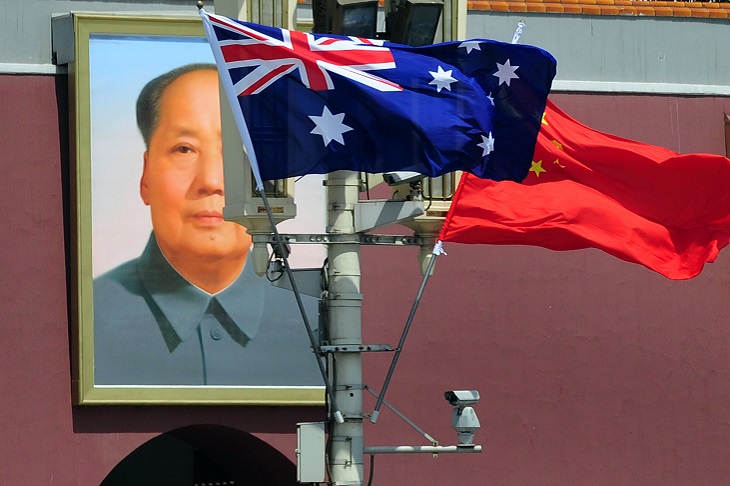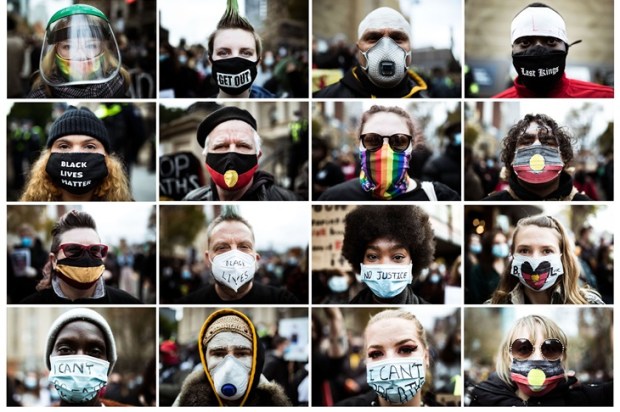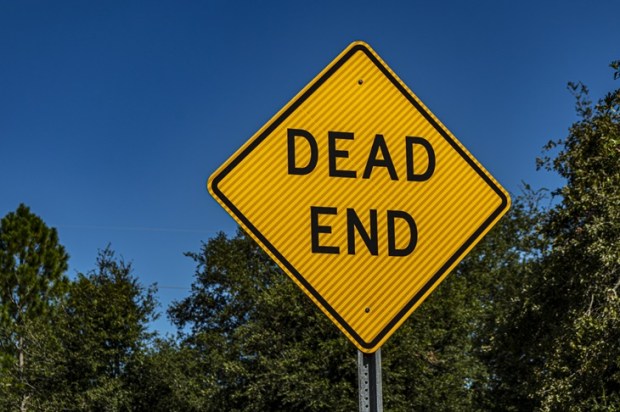From a Chinese perspective of recent history, the West does not look good.
In 1919, the French President Georges Clemenceau described Wellington Koo, a member of the Chinese delegation to the Paris Peace Conference, as ‘a young Chinese cat’. Billy Hughes, the Australian Prime Minister, on the other hand, earned the description from President Wilson as a ‘pestiferous varmint’.
It was the varmint who came out ahead in 1919, and the ‘young Chinese cat’ who had to return home to tell his fellow countrymen the West had given away the Shantung Peninsula to the Japanese. The loss triggered the May Fourth Movement, which began with a huge gathering of protesting Chinese students in Tiananmen Square, and decades of anti-west nationalism that lasts to this day.
One student encapsulated what they had learned about the West in 1919:
‘We at once awoke to the fact that foreign nations were still selfish and militaristic and that they were all great liars.’
Wellington Koo went on to have a long career in foreign affairs and continued to experience the West’s disinterest in China’s problems. In 1931 he represented China in the League of Nations to protest the Japanese invasion of Manchuria. Between 1936 and 1940 he was Chinese ambassador to France as well as the chief delegate for China in the League of Nations. Here, it was left to Wellington Koo to persuade Britain, France, and the USA that it was in their interests to have a stable Asia, meaning an Asia where Japan was kept in check. Like his efforts in Paris, Wellington Koo’s efforts in the 1930s failed. Somewhere between 15 million and 20 million Chinese lost their lives between 1937 and 1945. Only Russia, then the USSR, lost more.
As far as the West’s apathy toward China’s feelings, President Xi Jinping likes to go back even further. In an online summit with the heads of European Union institutions on April 1 of this year – in response to comments made by the president of the European Council, Charles Michel, about suffering and human rights – President Xi listed the unequal treaties forced on China beginning with the Treaty of Nanking in 1839 and going through to the Boxer Protocol of 1901. Where Charles Michel was talking about the suffering Europeans had inflicted upon themselves in second world war and the Holocaust, President Xi was talking about the suffering inflicted by the West on China.
It is this history that is still playing out, especially when we consider how the Chinese government encourages its people to see the West. In this telling of history, almost every important foreign policy engagement China has had with the West from 1839 through to 1945, it is military might that has won out and diplomatic efforts which have failed.
In an essay written for Proceedings of the New York State Historical Association in 1919, Wellington Koo recognised that a Chinese custom of ‘fashioning her swords into ploughshares and spears into pruning hooks’ needed to change.
And change it has. It is widely believed China spends more on its armed forces than any other country except the United States. China makes no secret that it wants to be a ‘world-class’ military power. This is a product of China’s history with the West and possibly a need to stoke nationalism due to increasing fears of economic slowdown in a country where continued economic growth is ‘written’ into the contract between the Chinese people and their government.
The newly signed China-Solomon Islands security cooperation is to promote social stability and long-term stability in the Solomon Islands, but there are some in the Solomon Islands who are fearful their government might now call in the Chinese military for political purposes. Australia’s worst fears are that the agreement could be used, despite Prime Minister Sogavare’s protesting that it won’t be, to allow China to establish a military base less than 2,000 kms away from Australia’s east coast. It is the kind of thing a ‘world-class’ military power that dwells on their history with the West might do.
So, whilst no one has yet described Morrison as a ‘pestiferous varmint’, it is Australia who is starting not to get what she wants and the young China cat who seems set on getting everything. We should know China’s history, know why President Xi can play to an audience at home that cheers China’s foreign policies, and know what we might say or do, when and if we get the chance, that can show Chinese people we are not: ‘…still selfish and militaristic and … all great liars’, but rather people they can choose to get along with.
Got something to add? Join the discussion and comment below.
Get 10 issues for just $10
Subscribe to The Spectator Australia today for the next 10 magazine issues, plus full online access, for just $10.


























Comments
Don't miss out
Join the conversation with other Spectator Australia readers. Subscribe to leave a comment.
SUBSCRIBEAlready a subscriber? Log in